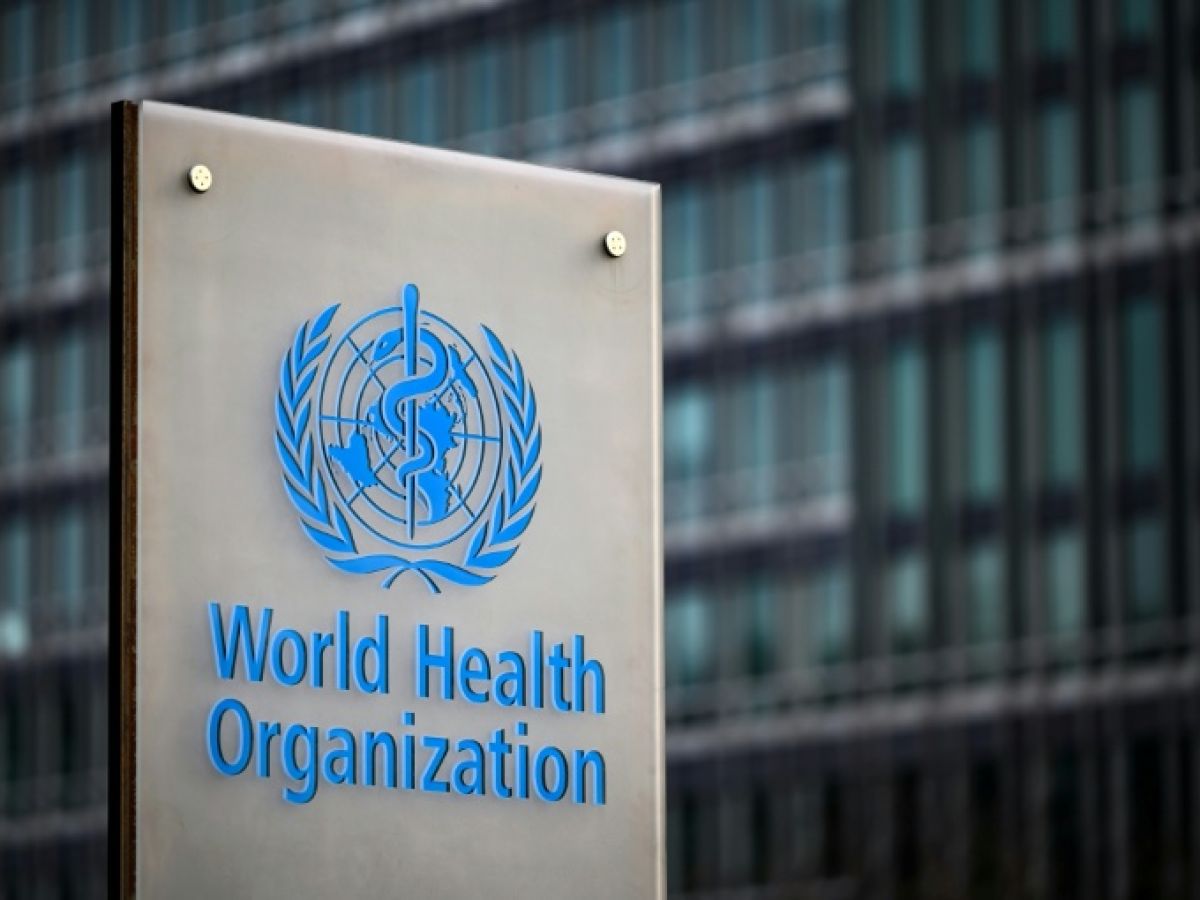Argentina's ultra-liberal President Javier Milei, following in the footsteps of his American ally Donald Trump, will withdraw Argentina from the World Health Organization (WHO), the presidency announced on Wednesday, citing "profound differences over health management," particularly with regard to Covid, and "the political influence of certain states."
"The president has instructed Foreign Minister Gerardo Werthein to withdraw Argentina from the WHO," Manuel Adorni said at a press conference. Argentines will "not allow an international organization to interfere in our sovereignty, much less in our health," he added.
Referring to the "differences" over health management, the spokesperson mentioned in particular "the pandemic which, with the government of Alberto Fernandez (centre-left, 2019-2023, editor's note) led us to the longest lockdown in the history of humanity", as well as a "lack of independence in the face of the political influence of certain states".

Argentina, which was severely affected at the start of the Covid-19 pandemic, implemented particularly strict health measures, with a five-month lockdown in 2020, considered one of the toughest in the world, and a very gradual lifting of restrictions. The pandemic has caused approximately 130,000 deaths there.
In a statement released shortly after the announcement, the presidency returned to the charge on the management of the pandemic, estimating that the WHO had "failed in its test of fire" on Covid, "by promoting eternal quarantines without scientific basis", and causing "one of the greatest economic disasters in world history".
Javier Milei, even before his presidency, had repeatedly criticized the government's response to the pandemic, particularly the lockdown.
More generally, the Argentine presidency believes that "the WHO's formulas do not work because they are the result of political influence, not based on science." And it calls for "a rethink of supranational organizations, funded by everyone, which no longer fulfill the objectives for which they were created, and are instead dedicated to international politics."
– Next stop, the Paris Agreement? –
According to the presidential spokesman, the Argentine withdrawal will give the country "greater flexibility to implement policies adapted to Argentina's context and interests, greater availability of resources, and reaffirms our path towards becoming a sovereign country in health matters."
Argentina's announcement comes on the heels of the United States' announcement that it will withdraw from the WHO. Upon returning to the White House in late January, Donald Trump signed an executive order withdrawing his country from the organization, which he had previously heavily criticized for its handling of the Covid-19 pandemic.
Javier Milei, in power since December 2023, has repeatedly displayed his ideological and personal affinity with the President of the United States, whom he considers his main natural and strategic ally.
Since the announcement of the US withdrawal, the WHO has said it regrets Donald Trump's decision and hopes the United States "will reconsider it." The US withdrawal is scheduled to take effect at the end of January 2026. The United States had initiated steps to leave the WHO during Mr. Trump's first term in 2020. His successor, Joe Biden, halted the move.
Wednesday's announcement also casts a further shadow over Argentina's continued participation in the Paris Climate Agreement, from which Donald Trump also announced his withdrawal with great fanfare at the end of January, on his first day back in power.
Javier Milei is a well-known climate skeptic who has repeatedly stated that he considers climate change to be a "cycle," not a "human responsibility."
In November, Foreign Minister Gerardo Werthein indicated that Argentina was "reevaluating its positions" and its "strategy on all issues related to climate change." But he insisted at the time that the government had not made any decision to withdraw from the 2015 agreement, the cornerstone of climate action.

